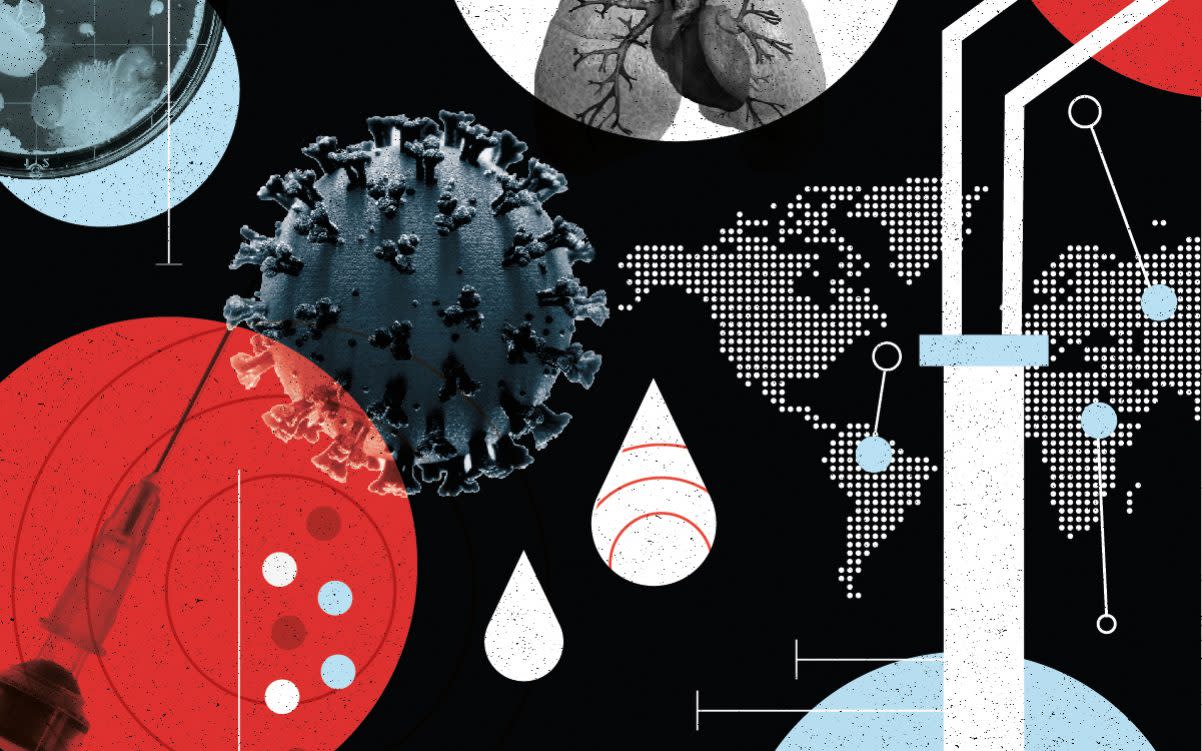First results from UK coronavirus trial due next month


The first results of a large-scale UK study into potential treatments for the coronavirus will be due in early July but researchers have warned that there is unlikely to be a silver bullet.
Martin Landry, professor of medicine and epidemiology at the University of Oxford and leader of the UK-based Recovery trial, told a press briefing on Tuesday that researchers would have the first tranche of data on the effectiveness of the low-dose steroid dexamethasone which is used to reduce inflammation, at the beginning of next month
The trial, which has enrolled 11,000 patients aged one to 109 in 176 NHS hospitals, is assessing a range of treatments including the malaria therapy hydroxychloroquine, antivirals lopinavir and rotinavir and convalescent plasma.
Prof Landry said data on the effectiveness of hydroxychloroquine - much hyped by US president Donald Trump - would be due some time after that.
“I can’t tell you exactly how long after because it still depends on recruitment and with the epidemic fading a little, thank goodness, recruitment has slowed,” he said.
"At the moment we really don't have any treatments, so the first results will give us a guide," he said.
Last month the World Health Organization suspended its trial of hydroxychloroquine, citing safety concerts. But leaders of the Recovery trial said they would continue on the basis their data did not show an increased risk of dying.
However, Prof Landry added that there is unlikely to be a “single big winner” out of all the therapies being studied.
“It’s much more likely that each drug has a modest effect. But if you were able to reduce the risk of dying among people in hospital and save one fifth that would be colossally important. If you think about there being roughly speaking, 40 to 50,000 deaths in the UK over the last couple of months, if that had been 10,000 lower that would be an enormous number of lives saved,” he said.
Trudie Lang, professor of global health research at the University of Oxford, said it was important that any treatments were made available to and tested in low and middle income countries

“It’s important to have equity as to who benefits through research. If at the end of this we look back and just see all the clinical trials ran mostly in the wealthy north and drugs and vaccines were developed in a nationalist way I think we’ll have largely failed,” she said.
Prof Lang added countries in Africa and Latin America could learn lessons from Europe and North America, where the pandemic hit earlier. She said the use of antivirals at the early stage of infection should be trialled in low and middle income countries.
“That would be a positive community-based trial, rather than a hospital-based trial, to prevent Covid-19 becoming a severe disease,” she said.
Dr Nick Cammack, Covid-19 Therapeutics Accelerator Lead at Wellcome, said repurposing existing medicines could be a "game changer".
"They’re already approved, are generally affordable, and can be manufactured at scale. These medicines may not be a ‘cure-all’ for Covid-19, but they could make the difference between life and death, or between short- and long-term hospital stays. This is particularly important for countries with fragile health systems," he said.
Protect yourself and your family by learning more about Global Health Security


